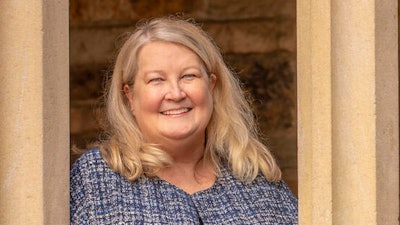Rhodes College has announced its membership to the American Talent Initiative (ATI) collective.
 Jennifer Collins
Jennifer Collins
Rhodes College joins the collective of 137 public and private colleges and universities nationwide who work collaboratively to expand access and opportunity for highly talented low- and moderate-income students. ATI, formed in 2016, comprises regional and flagship public institutions and leading private colleges and universities.
In concert with Rhode College’s commitment to diversity, equity, inclusion, and belonging as well as affordability, the Office of Admission strives to identify, recruit, and enroll domestic students who are underrepresented in higher education, including first-generation college students, low-income students, and students of color. The college offers merit-based scholarships, need-based financial aid, fellowships, ROTC opportunities, and other programs.
There is no cost to join ATI, which is funded by Bloomberg Philanthropies and coordinated by the Aspen Institute's College Excellence Program and Ithaka S+R.
The initiative provides access to extensive networks and resources such as: honoraria to tackle research on key topics of academic equity; grants to improve academic, retention, and graduation outcomes; insights from ATI presidents and chancellors on expanding access to students; and reports of Pell enrollment data collected on an annual basis from ATI members.















